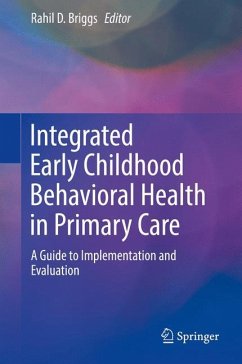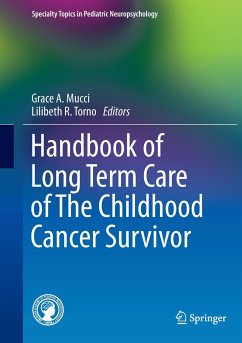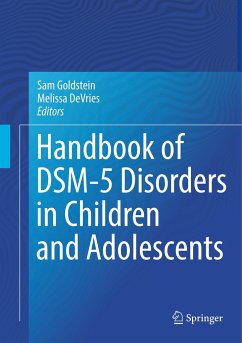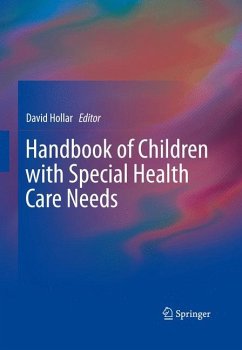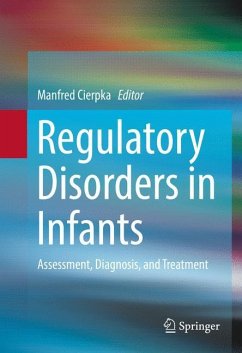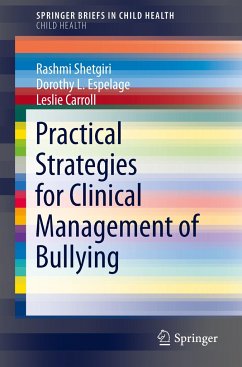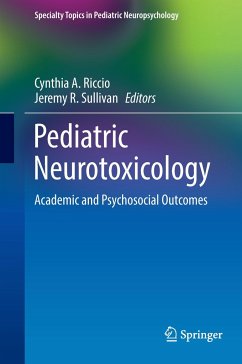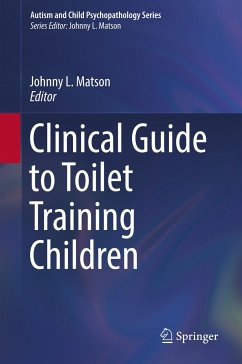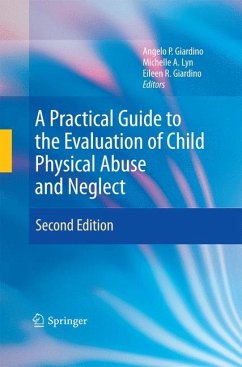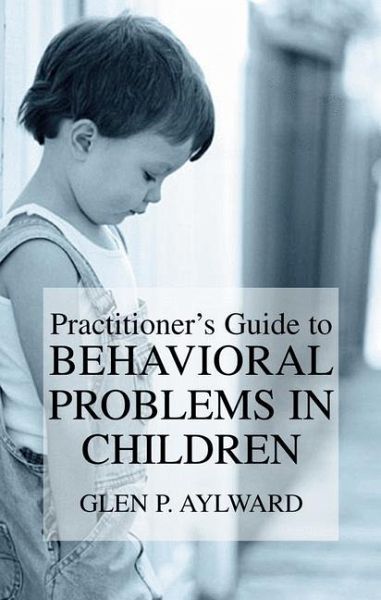
Practitioner's Guide to Behavioral Problems in Children
Versandkostenfrei!
Versandfertig in 6-10 Tagen
76,99 €
inkl. MwSt.
Weitere Ausgaben:

PAYBACK Punkte
38 °P sammeln!
Over the last 25 years of clinical practice, I have been impressed with a paradox, namely, the uniqueness in each child, in contrast to the frequent commonalities found in the development of behavioral problems. I have also been duly impressed with the resilience of children and their families, and the impact that provision of knowledge regarding development and behavior can have on facilitating this resilience. Guidance provided by the practitioner to caretakers can have a tremendous influence in altering the of a behavioral concern, particularly if this guidance is provided course early in t...
Over the last 25 years of clinical practice, I have been impressed with a paradox, namely, the uniqueness in each child, in contrast to the frequent commonalities found in the development of behavioral problems. I have also been duly impressed with the resilience of children and their families, and the impact that provision of knowledge regarding development and behavior can have on facilitating this resilience. Guidance provided by the practitioner to caretakers can have a tremendous influence in altering the of a behavioral concern, particularly if this guidance is provided course early in the evolution of the potential problem, and is directed toward skill development in the parents. Moreover, if parents can be provided with basic principles of behavior, and are able to self-monitor their reactions to the behaviors of their child, the likelihood of a positive outcome is enhanced. With these considerations in mind, the purpose of this book is two-fold. First, it provides a quick reference for the practitioner regard ing parenting, child development, and conceptualizing, identifying, and treating behavioral concerns. The text is geared to be a practical, quick read, which the practitioner can use in anticipatory guidance or first-tier interventions. The second purpose is to provide a reference for parents. More specifically, clinicians may recommend the book to parents as a so-called bibliotherapeutic aid, either to be read independently or used in conjunction with an intervention program provided by the practitioner.





